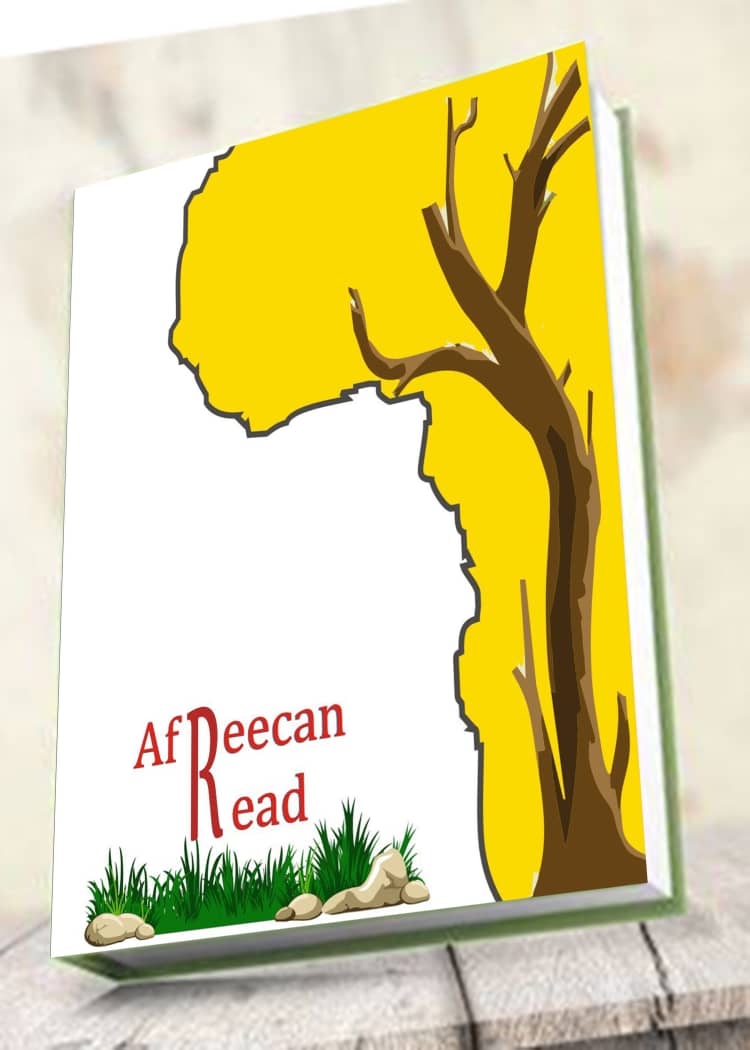Okonkwo, the protagonist in Chinua Achebe´s Things Fall Apart, is decidedly against everything that made up his father´s idiosyncrasies: effeminacy, poverty, the love for music, expressions of affection. The aversion to his father´s traits is arguably the founding principle on which his character builds and develops in the 224-paged novel,Things Fall Apart. Raised in a society in which there is no greater selling point, Okonkwo flaunts his layered masculinity. He is audacious and full of strong opinions, which matches up to his bullish physique. As described in the novel, Okonkwo had the physique of a man who publicly engages in bare-knuckle wrestling contests with other men and, unlike his father, never faces the throes of defeat. He is violent and glories in his violence. For hate of subjugation and all that accompanies it, he depends on nobody for survival.
Okonkwo works tirelessly and earns his living, so that the people of Umuofia do not consider him anything less than a full-fledged man. This cherished idea of what it means to be a full-fledged man, becomes the driving force behind other significant life choices he makes: ´owning´ three wives and several children, bravery. And he is consequently rewarded by the one thing he obviously desires: a social recognition. A stark manifestation of his viciousness is the killing of his son Ikemefuna in a macabre fashion that feeds into his sense of personal omnipotence.
But things begin to take a sharp bend during his long exile away from Umuofia to which he has planned a grand return, a return like no other. Everything that gives him a sense of personal worth would be disrupted by the arrival of the Missionaries, and the British colonial government’s carte blanche on Umuofia, eliminating whatever foothold he’d had on the land before his exile.
Okonkwo comes back, and Nwoye is Christened, has given up his hard-earned title and now allies with the Missionaries. He comes back and the administrators of the British colonial government have established a court in Umuofia which operates with laws contrary to everything that held Okonkwo´s world together. Arrests are made, people are tried and imprisoned, including him, which deals him a decisive blow. What he finds most egregious is that the clansmen have not fought the white missionaries and their obnoxious religion away. He finds it would be an almost impossible task to fight the British away because some clansmen such as Nwoye, are already converted, Obierika tells him. This, the division of a community that once had a tradition of uniting against perceived intruders, marks the beginning of Okonkwo´s big fall. It is like coming back to a game that you once played, finding that the rules of the game have changed, and your victories are now considered relics of a distant past.
Taking in the facts, Okonkwo is disaffected. He cannot bring himself to adjust into this new set of rules that are against every socio-cultural values which rewarded his loyalty with a burnishing of his ego. Deciding that he has had enough, he ends his life by himself.
Having considered these two realities: the personality traits of Okonkwo, and the arrival of the colonial administration, both of which obviously play the role in driving Okonkwo to suicide, I argue that Okonkwo’s personality traits played the greater part in driving him to suicide. The right question to ask would be: How many other members of the clan were as frustrated as Okonkwo was to an extent of killing one’s self? Why did Nwoye, Obierika and other clansmen not kill themselves in the face of this invasion of their land which did not compromise their core principles of life any less? Why Okonkwo? While it is expressly evident in the story that the British Government’s imposition of themselves upon the people of Umuofia was both a political and cultural invasion and therefore a strong breach in the order of people’s lives, one must compare characters and see how they have responded to the event.
In event of frustration, Okonkwo would not have died were he not a man of flailing impatience, a man who did not allow himself the full range of human emotions except of anger and rage.
It would not be out of place to say that Okonkwo had written his values on stone, thinking it could never be erased. He had an immobile mindset, he thought he had acquired more than the required strength to fight every alternative realities if they ever came. But the reality that came was one that split his world apart before he had any time to fully absorb it. Had he not grown up in a culture of big egos, had he taken at least half the idiosyncrasies of his father Unoka, would the arrival of the missionaries have dealt him such a decisive blow, pushing him into killing himself? There has to be a name for a stark and unusual personality trait that considers suicide an option, not merely as a result of an experienced vulnerability, but as a result of a spitefulness for vulnerability and servitude itself. At the heart of Achebe´s Things Fall Apart is the unforgivable disintegration that colonialism brought into African communities, captured in Tsitsi Dangaremgba´s words, “it is bad enough when a country is colonized, but when the people do as well! That is the end, really, that´s the end“. It is as if Ayi Kwei Armah has Okonkwo in mind when he says, “A mind attacked and conquered is guided easily away from the paths of its own soul“. It was a toxic masculinity for which a physical and social defeat is equivalent to a defeat of the mind and the self, that finally marked out Okonkwo for death. Achebe´s own words can be thrown in here as a postscript: “As a man danced, so the drums were beaten for him“.



Recent Comments